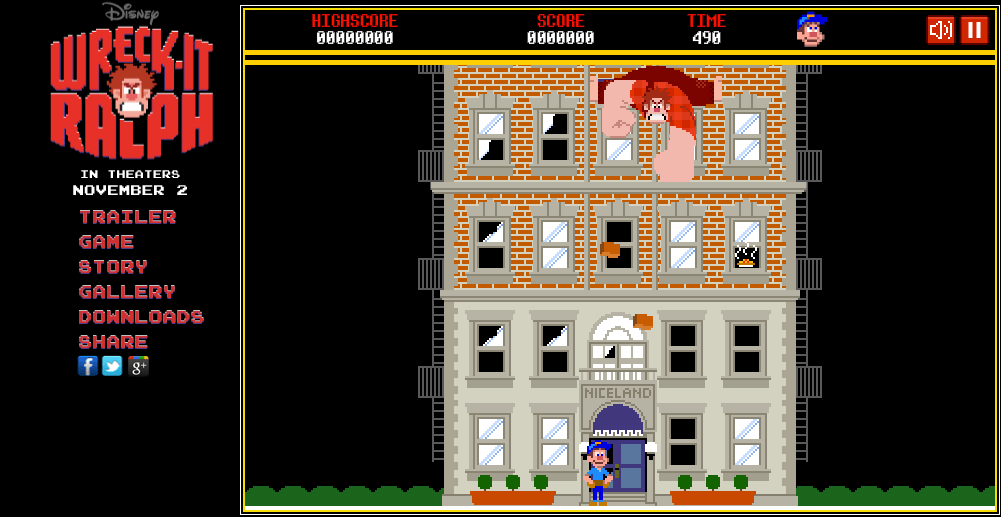German researchers at the Max Planck Institute for Dynamics and Self-Organization have discovered that the brain deletes information at a rate of “one bit per active neuron per second,” which, to these German researchers, is an “extraordinarily high” rate. Basically, as we gain knowledge, the brain is just as quickly making room for it by getting rid of old data. Up until now, they just didn’t realize how fast this was happening, and the discover came as a “huge surprise.” That makes sense because their initial discovery could have very well been the information that was deleted, so they got to discover it all over again! Surprise!
The way it works is this:
The brain codes information in the form of electrical pulses, known as spikes. Each of the brain’s approximately 100 billion interconnected neurons acts as both a receiver and transmitter: these bundle all incoming electrical pulses and, under certain circumstances, forward a pulse of their own to their neighbours. In this way, each piece of information processed by the brain generates its own activity pattern. This indicates which neuron sent an impulse to its neighbours: in other words, which neuron was active, and when. Therefore, the activity pattern is a kind of communication protocol that records the exchange of information between neurons.
However, when this pattern is irregular, or “chaotic,” “the information stored in the activity pattern would be gradually lost as a result of small errors.” So, basically, our brains perform erratically on a daily basis and cannot always be relied on to retain everything we learn. It doesn’t mean that we’re getting dumber by the second, since we’re actually learning by the second, but it does shed light on how much information we take in every day and how much our neurons are working — and becoming more “error-prone.”
Anyway … German researchers have discovered that the brain deletes information at a rate of “one bit per active neuron per second” …
(Pic from here, story via Engadget)









Published: Jan 28, 2011 12:01 pm